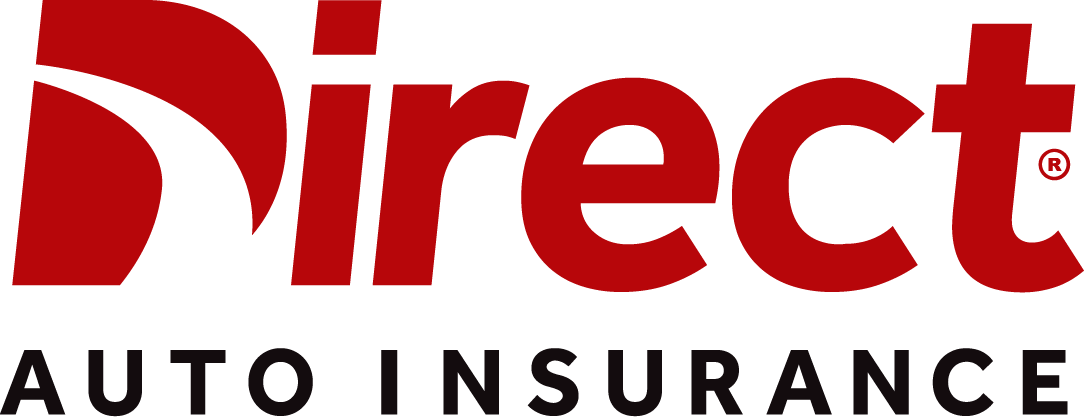What You Need to Know
When it comes to protecting your vehicle, finding the right auto insurance is crucial. Among the many options available, Direct Auto Insurance stands out as a popular choice for drivers who prefer a more personalized and straightforward approach. But what exactly is direct auto insurance, and why should you consider it? Let’s dive in.
What is Direct Auto Insurance?
Direct auto insurance is a type of coverage where you purchase your policy directly from the insurance provider, without intermediaries like brokers or agents. This method can often save time and money because you’re cutting out the middleman, dealing directly with the insurer.
This form of insurance is especially appealing for those who want full control over their policy choices, as it allows for more transparent communication and faster service.
Benefits of Choosing Direct Auto Insurance
There are several advantages to choosing direct auto insurance, including:
- Cost Efficiency: By eliminating the middleman, insurers can often provide lower premiums. You’re only paying for the coverage you need, without additional fees or commissions.
- Customized Policies: Direct insurers usually offer more flexible plans. You can easily adjust your policy to meet your personal needs, whether it’s increasing liability coverage or adding comprehensive protection.
- Quicker Process: Since you’re working directly with the insurance company, claims, adjustments, and renewals can be handled faster. This is ideal for those who prefer a streamlined experience.
- Transparency: With no third parties involved, you can expect clearer communication regarding policy terms, claims, and any adjustments.
How Does Direct Auto Insurance Work?
The process for purchasing direct auto insurance is quite simple:
- Research and Compare: Start by visiting various insurance providers’ websites. Most direct insurers have online platforms where you can quickly get quotes by entering your vehicle and driving details.
- Select a Plan: Once you’ve compared options, choose the policy that best fits your budget and needs. Most providers offer customizable plans, so you can adjust your coverage limits and add-ons as necessary.
- Purchase Online or Over the Phone: After deciding on a policy, you can purchase it directly through the insurer’s website or via a phone call. This eliminates the need for in-person visits or paperwork with agents.
- Manage Your Policy: With direct auto insurance, you’ll likely have access to an online dashboard or app where you can manage your policy, make payments, or file claims.
Who Should Consider Direct Auto Insurance?
Direct auto insurance is a good fit for a variety of drivers, but it’s particularly beneficial if you:
- Prefer Online Management: If you’re tech-savvy and enjoy managing your affairs digitally, direct insurance provides you with the convenience of handling everything online.
- Are Looking for Budget-Friendly Options: Direct policies often have lower premiums, making them appealing to drivers who want to save on insurance costs.
- Want Simple and Quick Communication: Without the hassle of going through agents, you can get answers directly from the insurer, which speeds up the process when it comes to making claims or adjustments.
Is Direct Auto Insurance Right for You?
While direct auto insurance offers numerous benefits, it may not be ideal for everyone. Some drivers prefer the personalized touch that an agent can provide, especially when navigating complex policies or filing claims. Additionally, if you’re uncomfortable managing your insurance entirely online or over the phone, working with an agent may still be a better option.
Conclusion
Direct auto insurance provides a streamlined, efficient, and often more affordable way to get the coverage you need. By purchasing your policy directly from the provider, you can avoid added fees and gain more control over your insurance plan. However, as with any major financial decision, it’s important to carefully research and compare different options to ensure you’re making the best choice for your situation.
